[最も人気のある!] system biology 101012-System biology master
Then Systems Biology is the right programme for you!This is a powerful introduction to systems biology from one of its internationally recognized leaders The book presents the origins, concepts, tools, state of the art, and future directions in systems biology research One of the book's many outstanding features is its real emphasis on both "systems" and "biology"Our program aims to explore the mechanisms and principles of biological complexity This is an exciting time for systems biology, with rapid technological advances in many fields including genomics, computational biology, imaging, mass spectroscopy and bioinformatics

Systems Biology Ire Sysbioire Twitter
System biology master
System biology master-Our 19 department retreat was held at Sebasco Harbor in Maine Welcome to the Department of Systems Biology Our department aims to identify the quantitative principles that govern complex interactions across all areas of biology and medicine Our goal is to develop a conceptual and predictiveBiology is the study of living things It is broken down into many fields, reflecting the complexity of life from the atoms and molecules of biochemistry to the interactions of millions of organisms in ecology This biology dictionary is here to help you learn about all sorts of biology terms, principles, and life forms
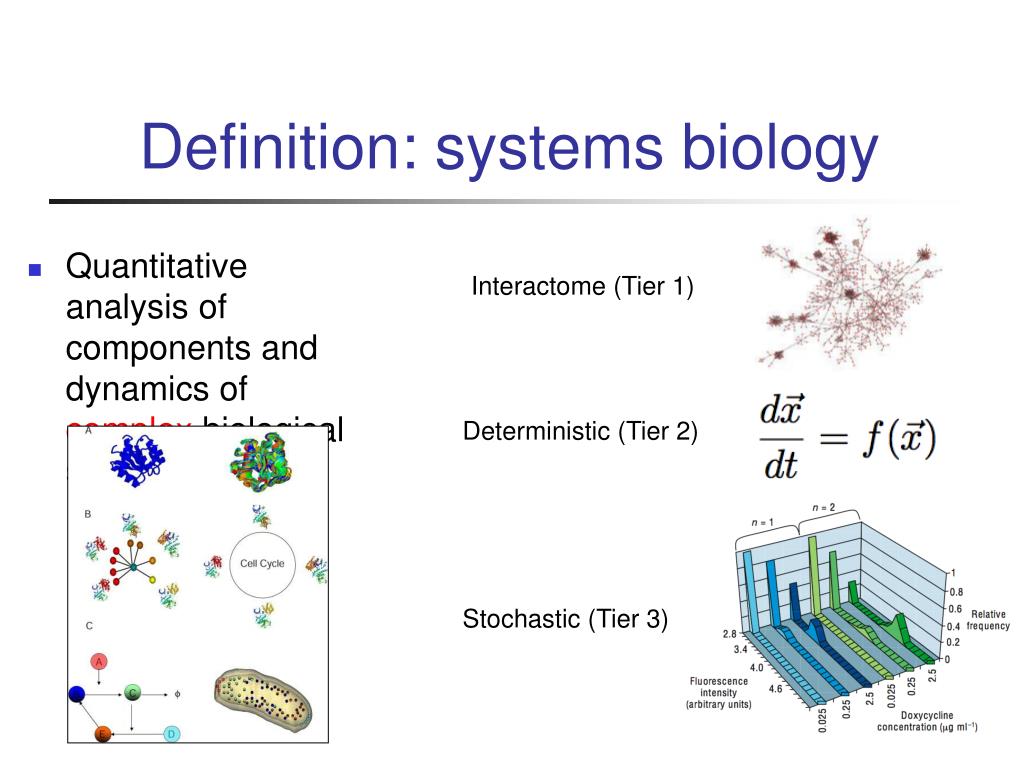


Ppt Systems Biology Powerpoint Presentation Free Download Id
Systems Biology welcomes submissions of the following article types Brief Research Report, Correction, Data Report, Editorial, Hypothesis and Theory, Methods, Mini Review, Opinion, Original Research, Perspective, Review, Specialty Grand Challenge, Systematic Review and Technology and Code All manuscripts must be submitted directly to the section Systems Biology, where they are peerreviewedBioRxiv the preprint server for biology, operated by Cold Spring Harbor Laboratory, a research and educational institutionThe Chemical and Systems Biology Graduate Program trains students to explore the function of complex biological systems at a quantitative and molecular level Research in our laboratories combines stateoftheart approaches from chemistry, biochemistry, cell biology, genomics, computational modeling, and other disciplines to understand
Systems biology and computational biology are becoming increasingly important disciplines in the biological sciences Through PhD graduate education and postdoctoral training we prepare young scientists to become leaders in this exciting and rapidly growing fieldThe Institute for Systems Biology is committed to distributing data and software to the public as soon as it is validated Research results are being made available in a variety of ways some projects only have raw data downloads;To understand biology at the system level, we must examine the structure and dynamics of cellular and organismal function, rather than the characteristics of isolated parts of a cell or organism
To understand biology at the system level, we must examine the structure and dynamics of cellular and organismal function, rather than the characteristics of isolated parts of a cell or organism Properties of systems, such as robustness, emerge as central issues, and understanding these properties may have an impact on the future of medicineSystems biology is an interdisciplinary field that focuses on complex interactions in biological systems in order to improve the design of molecular and cellbased technologies Instead of studying one biological component at a time, scientists use systems biology approaches to obtain, integrate and analyze complex data from multipleNpj Systems Biology and Applications The First Issue is now live online 1411 npj Systems Biology and Application is now open for submission New open access journal npj Systems Biology and Applications


Systems Biology Group Carnegie Mellon University Welcome



Systems Biology Group Transcriptional Epigenetic Control Of Cell Fate Decisions
Welcome to the Systems Biology Research Group at the University of California, San Diego We study the complexity of cellular life using experimental and computational methods that span the genome to the phenotype Developing, integrating, and applying new methods allow us to gain a systems view of life from bacterial to humanSystems biology aims at a systemlevel understanding of biological systems, which is a holistic approach to deciphering the complexity of biological systems To understand the biological systems, we must understand the structures of the systems (both their components and the structural relationships), and their dynamics 2BioRxiv the preprint server for biology, operated by Cold Spring Harbor Laboratory, a research and educational institution
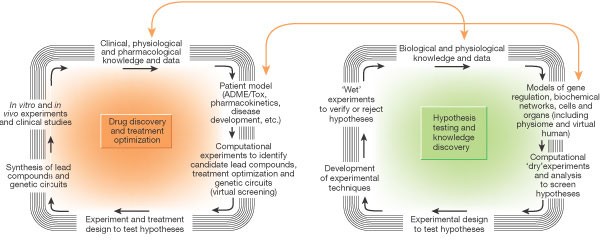


Computational Systems Biology Nature



Systems Biology Information Disease And Drug Discovery Drug Discovery World Ddw
•Systems Biology •Drug Discovery •Metabolism We are at the Department of Biomedical Engineering in the University of Michigan, Ann Arbor Our lab develops computer models for drug discovery and understanding cellular metabolismSystems Biology welcomes submissions of the following article types Brief Research Report, Correction, Data Report, Editorial, Hypothesis and Theory, Methods, Mini Review, Opinion, Original Research, Perspective, Review, Specialty Grand Challenge, Systematic Review and Technology and Code All manuscripts must be submitted directly to the section Systems Biology, where they are peerreviewedSystems Biology seeks to understand how the parts of biological systems are integrated to produce the amazing machines, cells, organisms, and ecosystems that exist in our world We thus seek to define general principles of biological systems Part of understanding biological systems involves defining the relevant parts of a biological network


Systems Computational Biology Via Artificial Intelligence Rsi



Topics In Computational And Systems Biology Biology Mit Opencourseware
Systems biology is the computational and mathematical analysis and modeling of complex biological systems It is a biology based interdisciplinary field of study that focuses on complex interactions within biological systems, using a holistic approach ( holism instead of the more traditional reductionism ) to biological researchSystems biology is the computational and mathematical analysis and modeling of complex biological systemsIt is a biologybased interdisciplinary field of study that focuses on complex interactions within biological systems, using a holistic approach (holism instead of the more traditional reductionism) to biological researchSystems biology, the study of the interactions and behaviour of the components of biological entities, including molecules, cells, organs, and organisms Advances in the understanding of biological systems and in the computational interpretation of those systems have enabled biologists to program mammalian cells



1 Lesson 9 Networks Systems Biology 2 Toc Into Systems Biology And Networks Networks And Sys Biol What Is A Network Examples Social Ppt Download



Philosophy Of Systems And Synthetic Biology Stanford Encyclopedia Of Philosophy
Metabolomics in Systems Biology Metabolomics is the study of global metabolite profiles in a system (cell, tissue or organism) under a given set of condition Integration of genomics, proteomics, transcriptomics and metabolomics is a goal of systems biology 21Others include a user interface to explore the data without having to download it allTo understand biology at the system level, we must examine the structure and dynamics of cellular and organismal function, rather than the characteristics of isolated parts of a cell or organism Properties of systems, such as robustness, emerge as central issues, and understanding these properties may have an impact on the future of medicine



Amazon Com The Functions Of The Human Nervous System Biology Books For Kids Children S Biology Books Professor Baby Books



Systems Biology Wikipedia
Systems biology is an approach in biomedical research to understanding the larger picture—be it at the level of the organism, tissue, or cell—by putting its pieces together It's in stark contrast to decades of reductionist biology, which involves taking the pieces apartBiology is too complicated for the unaided human brain!SYSTEMS BIOLOGY 101 ISB's Innovation Engine A fundamental tenet of systems biology is that solving challenging biological problems always Crossdisciplinary Teams In describing systems biology and the distinguishing characteristics of ISB's approach, we Network of Networks With networks,



Redefining Plant Systems Biology From Cell To Ecosystem Trends In Plant Science
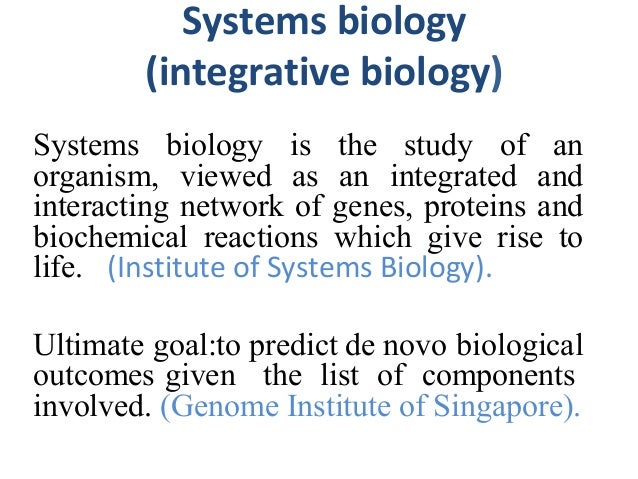


Systems Biology Approaches Of Genomics And Proteomics
Understanding evolution is essential to systems biology, but understanding where the information in the system came from and how it became complex also provides a focus for evolutionary thought In a series of evolutionary transitions, biological systems have acquired remarkable mechanisms for storing, handling, and deploying information in the living worldSystems Biology will become mainstream in biological sciences this century It can be used to systematically gather knowledge at all levels, from molecules to entire systems and its integration into quantitative (computer) modelsMolecular Systems Biology 27 January 21 Transcriptionally active enhancers in human cancer cells TT‐seq measures genome‐wide enhancer transcription with high sensitivity in human cancer cells The resulting comprehensive annotation of putative enhancers and enhancer‐promoter pairs serves as a valuable resource for studying enhancer


Computational Systems Biology



Systems Biology Information Disease And Drug Discovery Drug Discovery World Ddw
Rather than a reductionist approach, systems biology uses a holistic and integrative approach to better figure out the whole process Both qualitatively and quantitatively of biological system provide information about diseases, toxicities, therapies etc Omics technologies, which systems biology brings, are valuable tools for comprehensiveSystems biology and computational biology are becoming increasingly important disciplines in the biological sciences Through PhD graduate education and postdoctoral training we prepare young scientists to become leaders in this exciting and rapidly growing fieldSystems Biology Retreat in Beautiful Maine!



Application Of Systems Biology For Bioprocess Development Trends In Biotechnology



Pdf Systems Biology For The Virtual Plant
Systematic Biology is the bimonthly journal of the Society of Systematic Biologists Papers for the journal are original contributions to the theory, principles, and methods of systematics as well as phylogeny, evolution Find out moreCurrent Opinion in Systems Biology is a new systematic review journal that aims to provide specialists with a unique and educational platform to keep uptodate with the expanding volume of information published in the field of Systems Biology It publishes polished, concise and timely systematic reviews and opinion articles In addition to describing recent trends, the authors are encouragedOur program aims to explore the mechanisms and principles of biological complexity This is an exciting time for systems biology, with rapid technological advances in many fields including genomics, computational biology, imaging, mass spectroscopy and bioinformatics
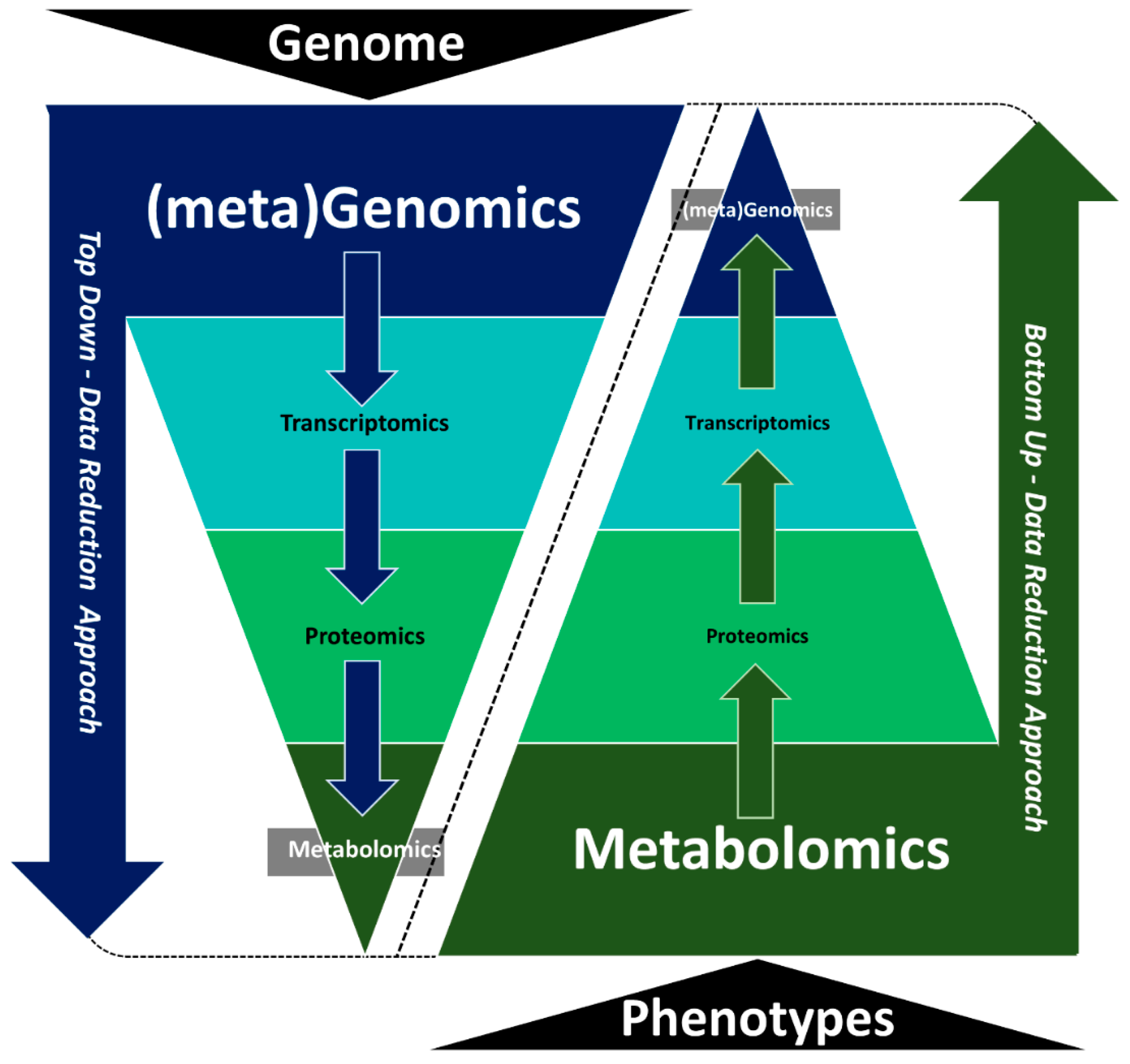


Metabolites Free Full Text Systems Biology And Multi Omics Integration Viewpoints From The Metabolomics Research Community Html



Unveiling The Role Of Network And Systems Biology In Drug Discovery Trends In Pharmacological Sciences
Welcome to the Department of Systems Biology Our department aims to identify the quantitative principles that govern complex interactions across all areas of biology and medicineSystems biology is a vigorous and expanding discipline, in many ways a successor to genomics and perhaps unprecedented in its combination of biology with a great many other sciences, from physics to ecology, from mathematics to medicine, and from philosophy to chemistry Studying the philosophical foundations of systems biology may resolve aThe Chemical and Systems Biology Graduate Program trains students to explore the function of complex biological systems at a quantitative and molecular level Research in our laboratories combines stateoftheart approaches from chemistry, biochemistry, cell biology, genomics, computational modeling, and other disciplines to understand



The Nervous System Biology Of Humans Nervous System Systems Biology Nervous



Systems Medicine The Application Of Systems Biology Approaches For Modern Medical Research And Drug Development
This book provides an entry point into Systems Biology for researchers in genetics, molecular biology, cell biology, microbiology and biomedical science to understand the key concepts to expanding their work Chapters organized around broader themes of Organelles and Organisms, Systems Properties of Biological Processes, Cellular Networks, andR&D Systems is a global resource for cell biology Find quality proteins, antibodies, ELISA kits, laboratory reagents, and toolsSystems biology is a highly topical discipline at the intersection of biochemistry, cell biology, computer science, and systems engineering This coursebook in systems biology is tailored to the needs of advanced students of biology, engineering, and computer science It has a companion website with solutions to questions in the book
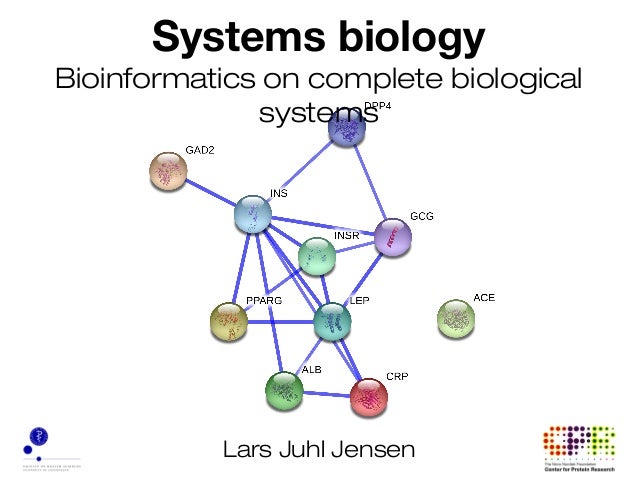


Systems Biology Bioinformatics On Complete Biological Systems



Figure 1 From Application Of Systems Biology To Neuroproteomics The Path To Enhanced Theranostics In Traumatic Brain Injury Semantic Scholar
Systems biology is a highly topical discipline at the intersection of biochemistry, cell biology, computer science, and systems engineering This course book in systems biology is tailored to theWhat is Systems Biology?Systems Biology seeks to understand how a biological system operates as a whole by measuring, modeling, and probing interactions between components in the system (eg, genes, proteins, metabolites) rather than studying the components in isolation To gain such an understanding, systems biology studies follow an iterative approach of collecting quantitative experimental data, computational and
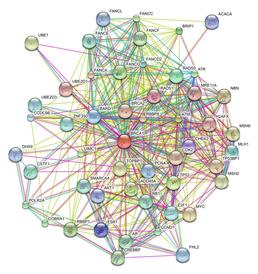


Systems Biology Computational Modelling Group
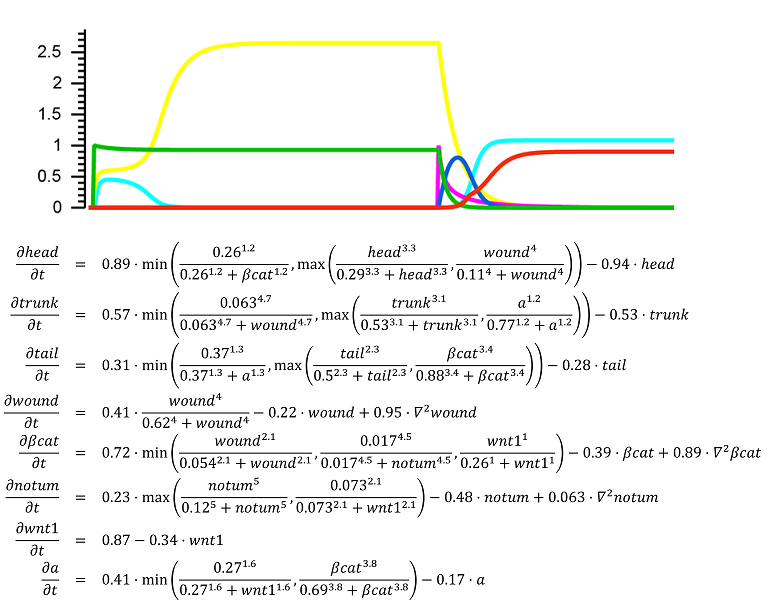


Systems Biology The Lobo Lab
ÓSystems biology is concerned with the study of biological functions and mechanisms, underpinning inter and intracellular dynamical networks, by means of signal and systemoriented approaches Ó"Life is an emergent, rather than an immanent and inherent, property of matterNpj Systems Biology and Applications The First Issue is now live online 1411 npj Systems Biology and Application is now open for submission New open access journal npj Systems Biology and ApplicationsSchool of Systems Biology provides a research and educational environment that allows integration of the various areas of molecular and cellular biosciences from a systems perspective Systems biology focuses on understanding the structure and function of biological systems on multiple levels — from molecules to organisms — through data


1


Bridging The Gap Between Traditional Chinese Medicine And Systems Biology The Connection Of Cold Syndrome And Nei Network Association Of Integrative Oncology And Chinese Medicine Aiocm
This book provides an entry point into Systems Biology for researchers in genetics, molecular biology, cell biology, microbiology and biomedical science to understand the key concepts to expanding their work Chapters organized around broader themes of Organelles and Organisms, Systems Properties of Biological Processes, Cellular Networks, andThe Systems Biology Specialization covers the concepts and methodologies used in systemslevel analysis of biomedical systems Successful participants will learn how to use experimental, computational and mathematical methods in systems biology and how to design practical systemslevel frameworks to address questions in a variety of biomedicalSystems biology is the field of research attempting to understand all of the interactions in a system as opposed to focusing on the individual parts Faculty are studying many areas of this field including using mass spectrometry to analyse protein phosphorylation events in signal cascades in cancer


Systems Biology Anaxomics Biotech Sl Systems Biology Solutions



Complex Systems Biology Wikipedia
Systems biology holds the key to understanding biological systems in their true complexity and dynamics The approach provides new perspectives for research



Metabolomics In Systems Biology Youtube


Control Systems Theory Control Theory Deals With The Basic Principles Underlying The Analysis And Design Of Control Systems To Control An Object Means To Influence Its Behavior So As To Achieve A Desired Goal In Order To Implement This Influence



Systems Medicine The Application Of Systems Biology Approaches For Modern Medical Research And Drug Development



Application Of Systems Biology Based In Silico Tools For Optimal Treatment Strategy Identification In Still S Disease Acr Meeting Abstracts
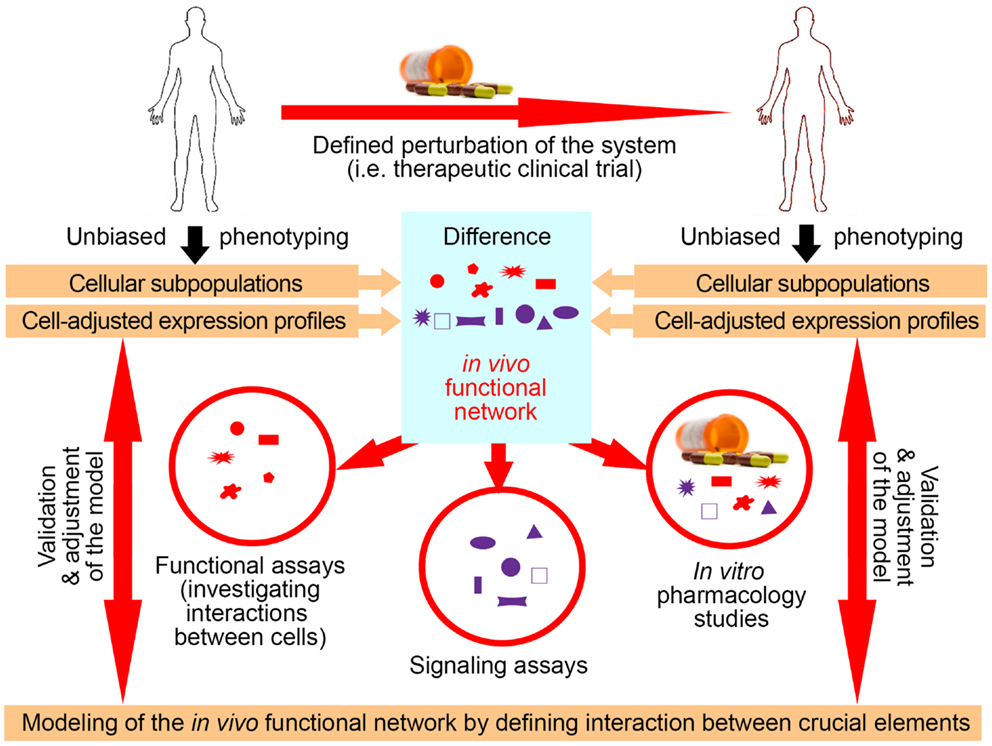


Frontiers How Implementation Of Systems Biology Into Clinical Trials Accelerates Understanding Of Diseases Neurology
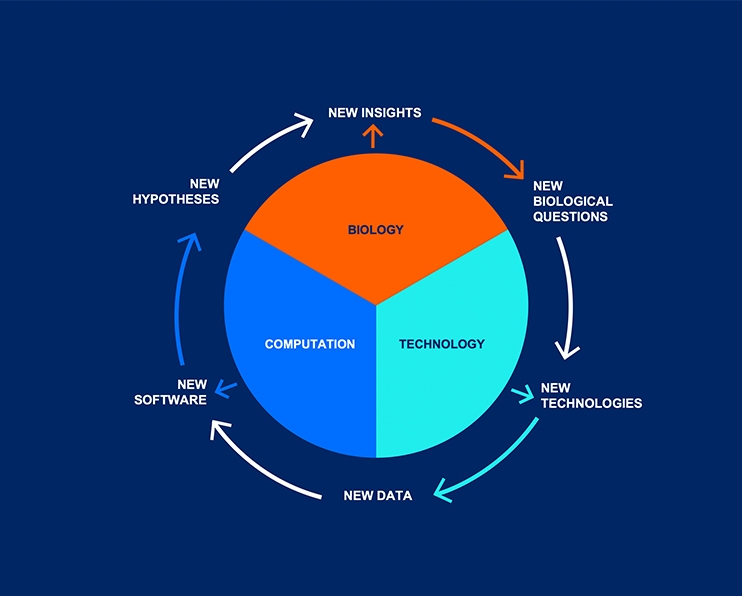


What Is Systems Biology Institute For Systems Biology



1 R Evolutionary View Of Systems Biology From Data To Network To Download Scientific Diagram



Market Analysis Of System Biology Scitechnol



A First Course In Systems Biology Medicine Health Science Books Amazon Com


Lab Of Bioinformatics And Systems Biology



A Top Down Approach To Biology Systems Biology Employs A Top Down Download Scientific Diagram


Cisn The Omics Revolution And Beyond Systems Biology



System Biology Simulation And Network Analysis Of Enzymes In Waste Removal From The Environment Sciencedirect



System Biology Sciencedirect



Systems Biology Bioinformatics On Complete Biological Systems
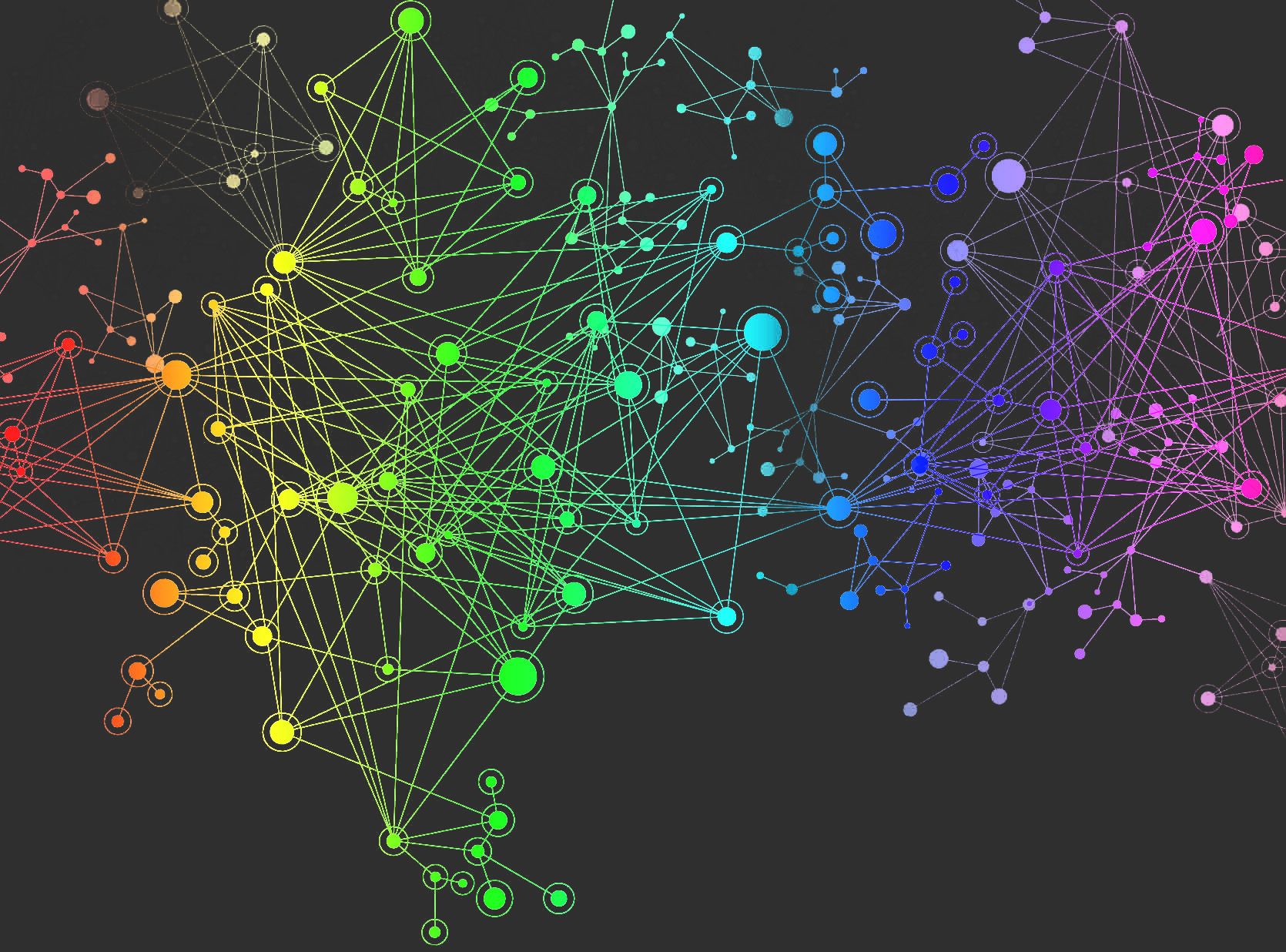


Benno Schwikowski Systems Biology Research Institut Pasteur



Roche Systems Biology



Systems Biology Britannica



About Systems Biology Linkoping Center For Systems Biology Research Linkoping University



Systems Biology And Noninvasive Imaging Of Atherosclerosis Arteriosclerosis Thrombosis And Vascular Biology



Nervous System Neurons And Neuroglia Google Search Systems Biology Peripheral Nervous System Biology



2nd World Congress On Bioinformatics System Biology Emerging Trends In Applications And Infrastructures For Computational Biology Bioinformatics And Systems Biology



Biological System Wikipedia



Synthetic And Systems Biology For Biomedicine
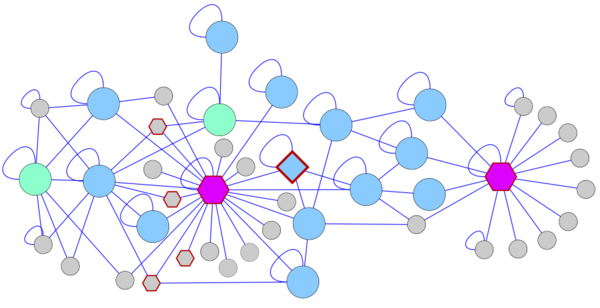


Introduction To Systems Biology



Disease And Systems Biology



Image Based Systems Biology Leibniz Institute For Natural Product Research And Infection Biology Hans Knoll Institute Hki


Compbio System Biology Of Transcription Regulation



James Valcourt How Systems Biology Is Transforming Modern Medicine Youtube


Q Tbn And9gcskqzij1jtv Lbecahsr7x2hb2qqxjy3sicl18lt4iblwyr7kcx Usqp Cau



Integrating Omics Systems Biology As Explored Through C Elegans Research Sciencedirect



Systems Biology Iq



Wikijunior Biology Systems Nervous System Wikibooks Open Books For An Open World
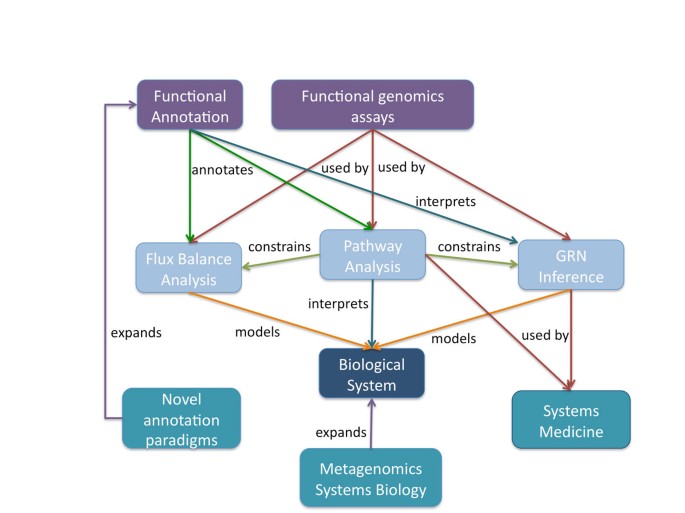


The Common Ground Of Genomics And Systems Biology Bmc Systems Biology Full Text


Cisbic Home


What Is Systems In Biology Systems Biology


Laboratory For Synthetic Biology About Lsb


Fig 2 Wang Et Al Bmc Systems Biology 13 7 79 Bmc Series Blog
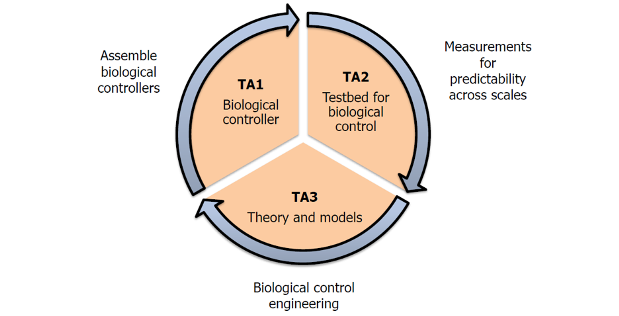


Control Systems And Biology


Q Tbn And9gcqjek Xzl0smetcwacf Czifwvh Td8gvhnbgncs Kox45hcdrt Usqp Cau



Systems Biology A Brief Overview Science
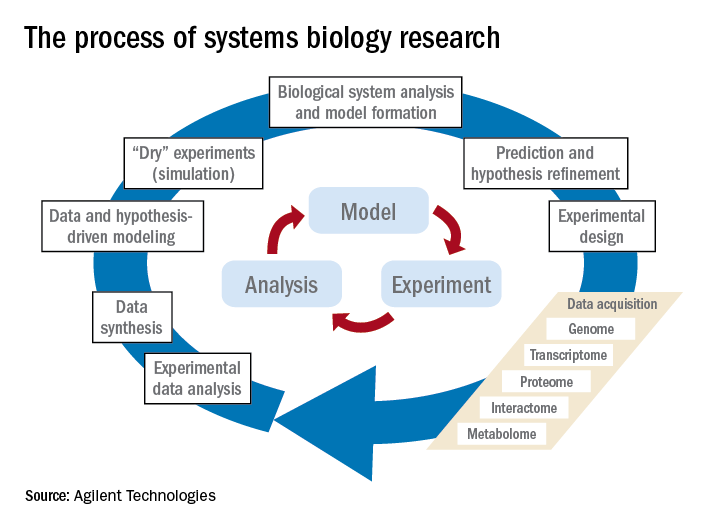


Systems Biology A Primer Mdedge Pediatrics



A Systems Biology Approach To Unravelling The Complexities Of Immune System Development And Function Science as



Systems Biology Information Disease And Drug Discovery Drug Discovery World Ddw
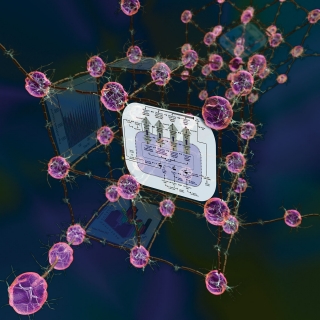


Systems Biology Biomolecular Science And Engineering Uc Santa Barbara
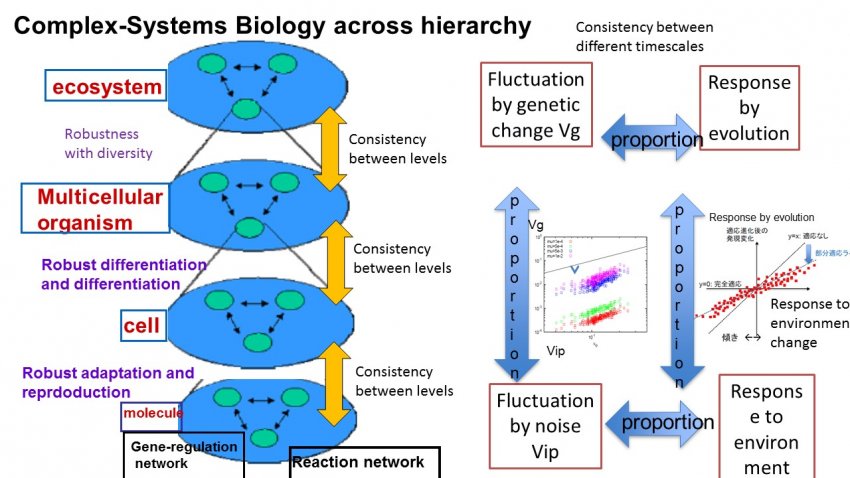


Complex Systems Biology The University Of Tokyo


System Biology Of Inflammation Innate Immunity Hancock Lab
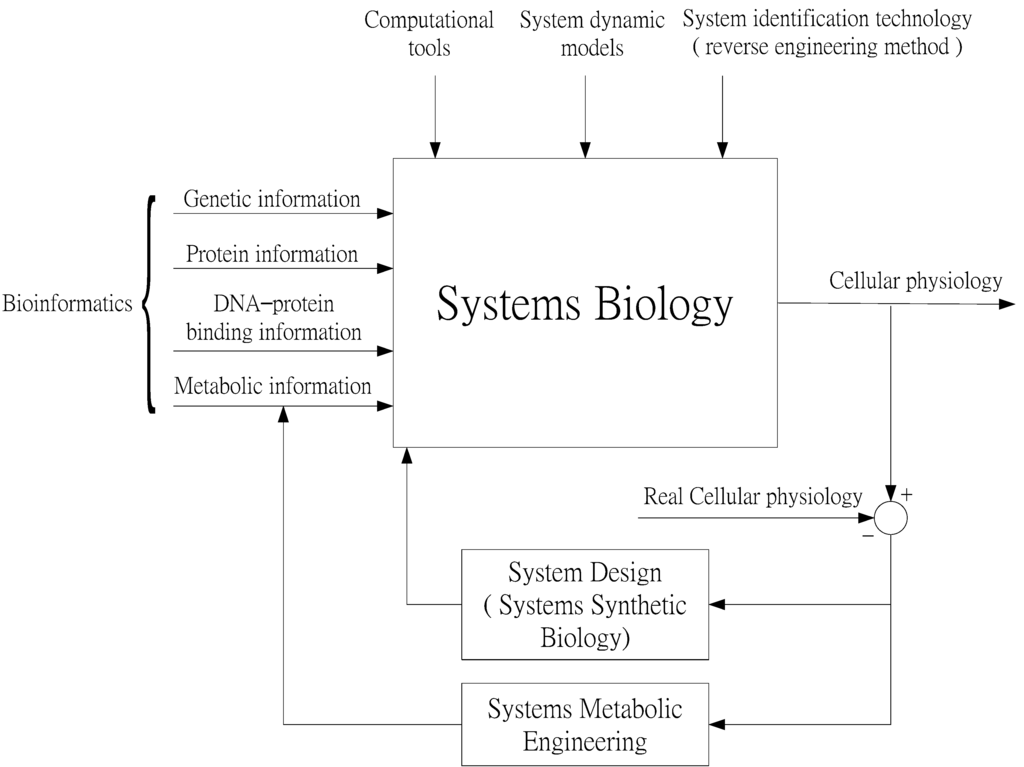


Cells Free Full Text Systems Biology As An Integrated Platform For Bioinformatics Systems Synthetic Biology And Systems Metabolic Engineering
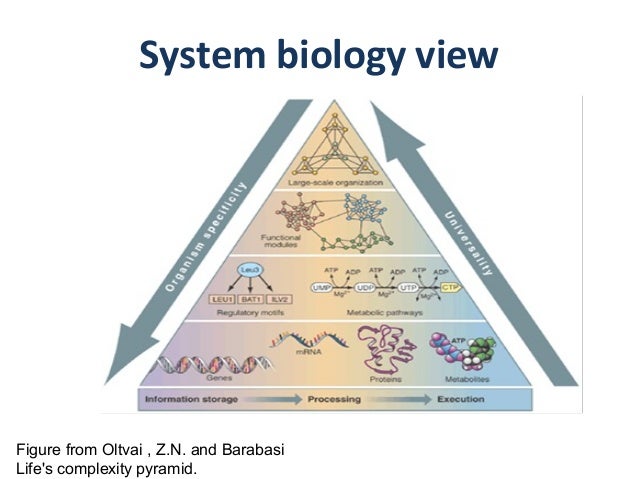


Systems Biology Approaches Of Genomics And Proteomics



Disease Systems Biology Leibniz Institute For Natural Product Research And Infection Biology Hans Knoll Institute Hki
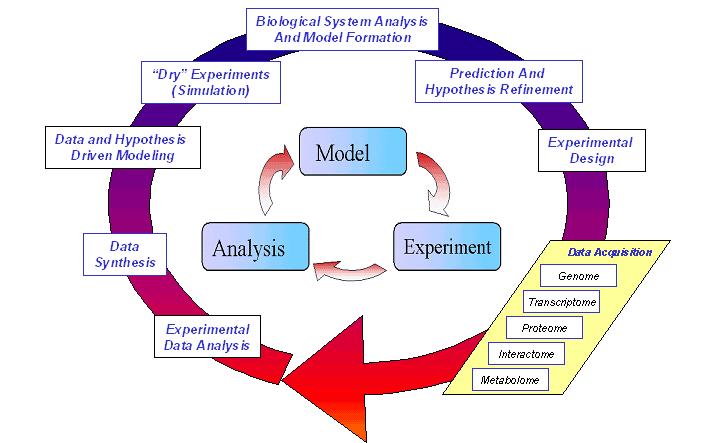


Agilent Agilent Labs Mtl Projects Systems Biology
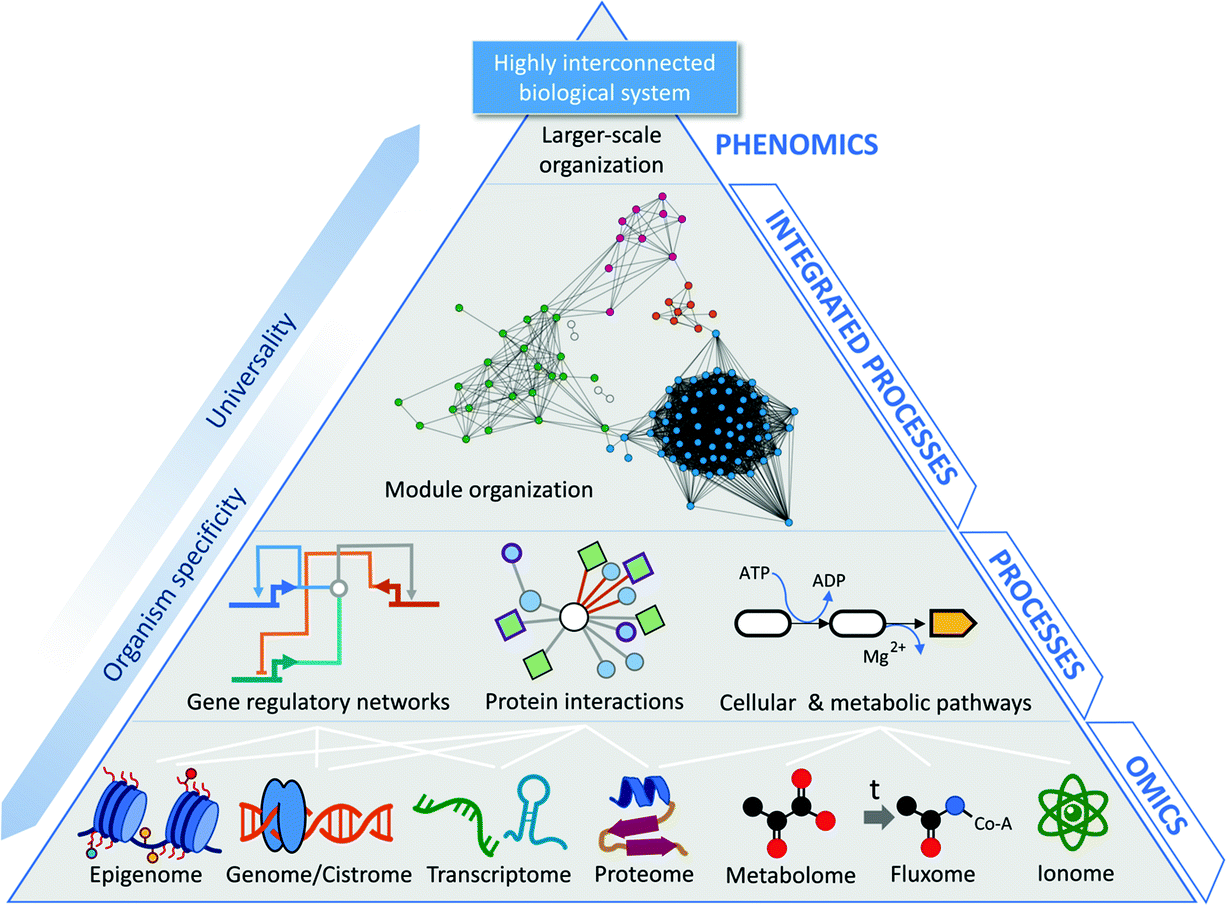


Status And Prospects Of Systems Biology In Grapevine Research Springerlink



Introducing Systems Biology For Nursing Science Semantic Scholar


From Systems To Biology A Computational Analysis Of The Research Articles On Systems Biology From 1992 To 13



Systems Biology As Defined By Nih Nih Intramural Research Program
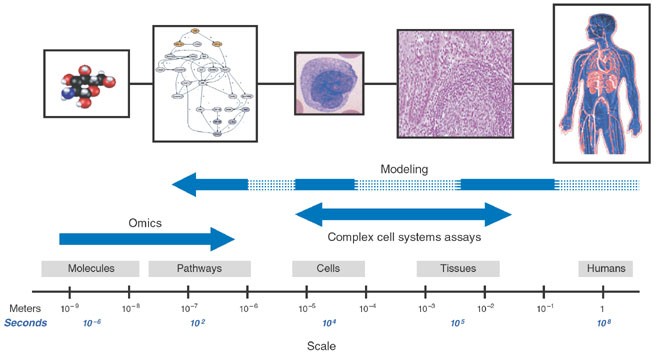


Systems Biology In Drug Discovery Nature Biotechnology



Raman Lab Bt5240 Computational Systems Biology



Biology System Poster Poster Nervous System Painting



Systems Biology Ire Sysbioire Twitter



Ppt Systems Biology Powerpoint Presentation Free Download Id



Figure 2 From A Brief History Of Systems Biology Every Object That Biology Studies Is A System Of Systems Semantic Scholar
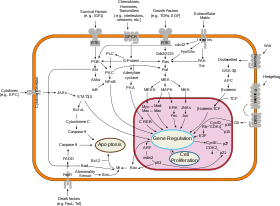


Systems Biology Wikipedia



Cancer Systems Biology Csbphd



Systems Biology And Neuroengineering Electrical Engineering
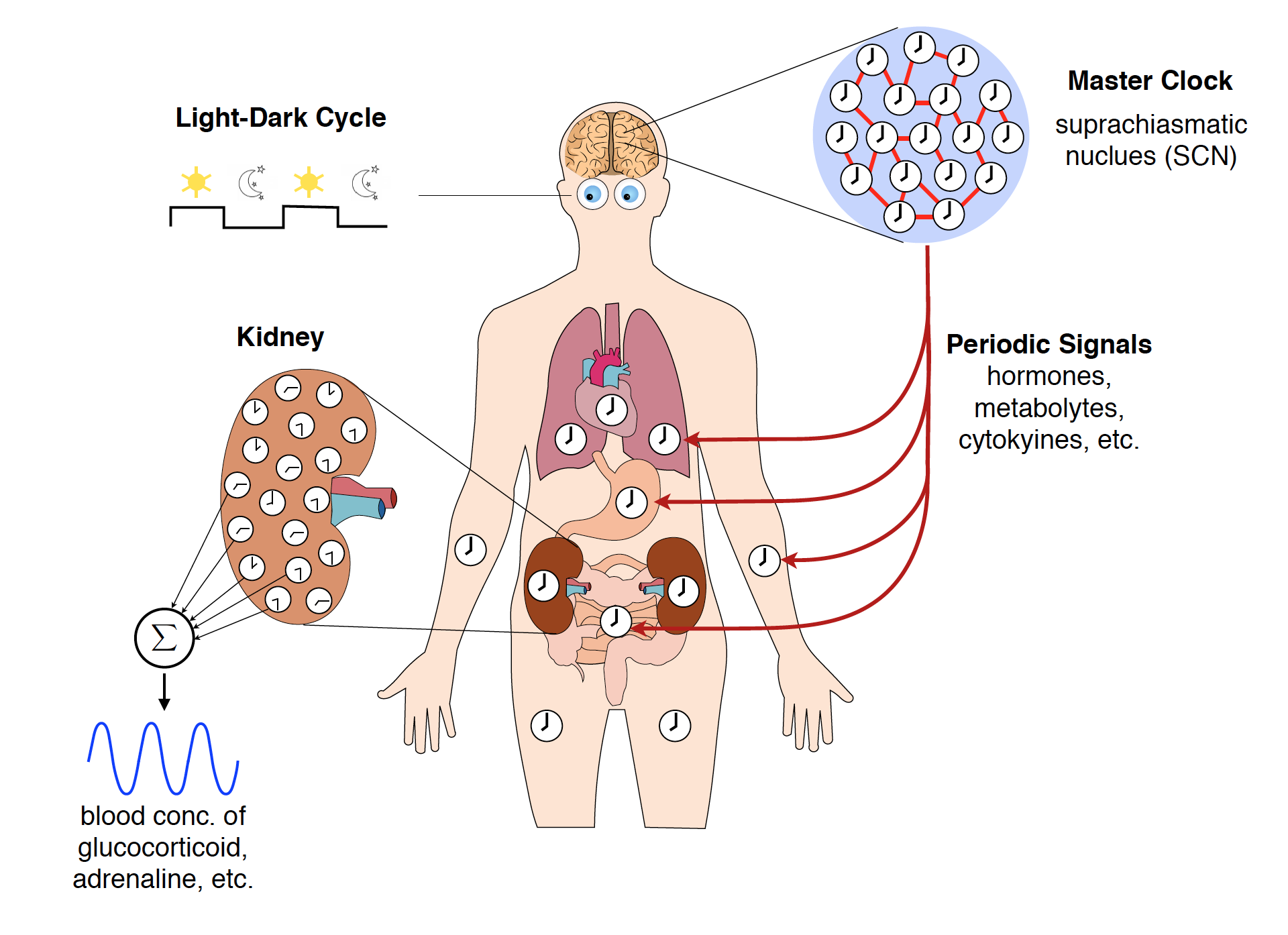


Biological Applications Control Theory And Systems Biology Laboratory Eth Zurich


Living Beings Under System Biology Perspective Anaxomics Biotech Sl Systems Biology Solutions
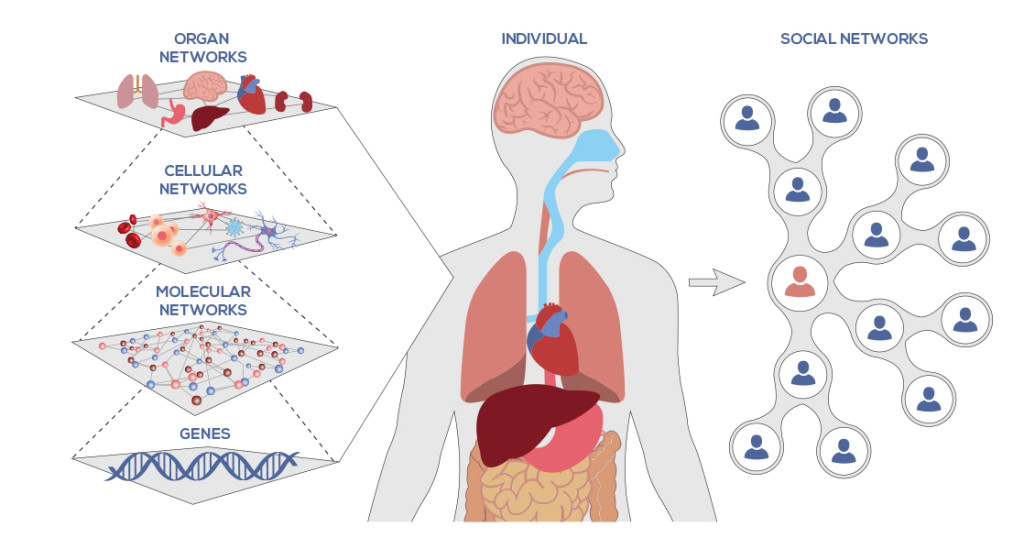


About The Institute For Systems Biology


Q Tbn And9gcsba6nj9lb3vw Jbky Yq9gvn7nfuxrrx4xlioymqvzaix Kqgr Usqp Cau



Philosophy Of Systems And Synthetic Biology Stanford Encyclopedia Of Philosophy



A General Workflow Of Systems Biology This Figure Summarizes The Download Scientific Diagram
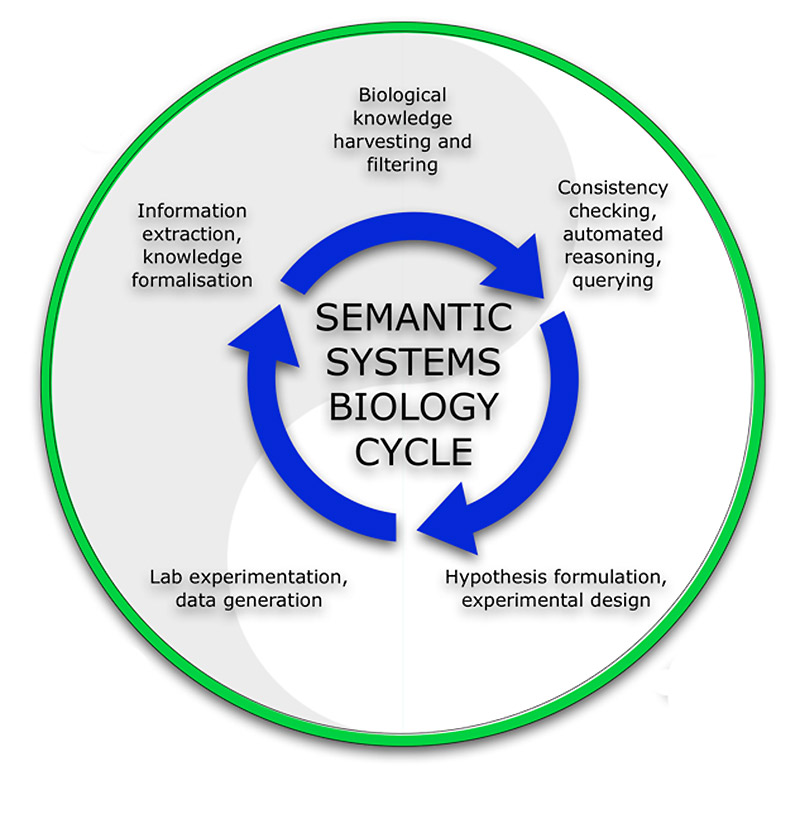


Systems Biology Multiscale Biology Ntnu



Cancer Systems Biology Assignment Point



Steps In Knowledge Generation In System Biology Knowledge On A Given Download Scientific Diagram



System Biology Simulation And Network Analysis Of Enzymes In Waste Removal From The Environment Sciencedirect


Plos One A Systems Biology Approach To The Coordination Of Defensive And Offensive Molecular Mechanisms In The Innate And Adaptive Host Pathogen Interaction Networks



Label Respiratory System Biology Exam Diagram Quizlet


コメント
コメントを投稿